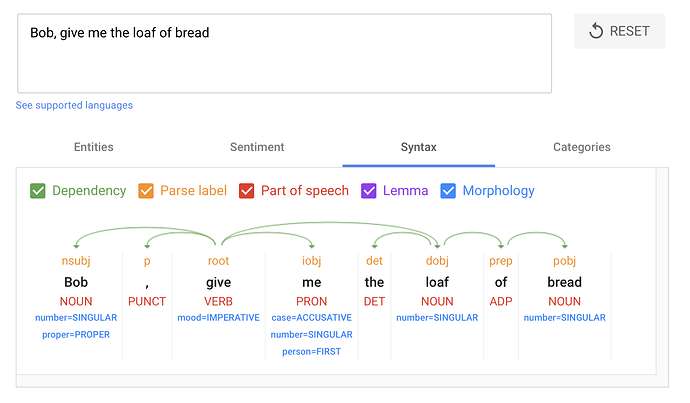Here’s one for the more technical here to comment on, although i’m curious to get everyone’s thoughts on this (technical or otherwise).
A bit of scene setting first. The ZIL language, parser and all, and the Z-Machine were created circa 1980 so that’s now 40 years ago (yes, we are that old!) In the interview between Kevin Savetz and Steve Meretzky earlier this year, SEM was asked about the continued usage and his response was along the lines of “surprising, hard to imgaine that that is still the best way to make text games…” In the Get Lamp interview with Marc Blank, Blank states that “look at everything that’s happened in technology and yet this thing is still being used!”
As i’m typing away in Notepad++ and creating my ZIL, it actually strikes me that maybe at “ground level”; ie tools that can be used by any person, free or purchased, and not including AI software being created/used by games companies, that the parser systems (whether it be ZIL, Inform, Adventuron etc) actually still ARE the best way to make text games. I’m not getting into a Parser vs Other conversation here, that’s another topic, but since the essentials are to parse a sentence that a person has typed into a device and then output something plausible this is something the parser system does do … and we can add more and more variations, synonyms, modern colloquialism etc but essentially this IS the best we have.
NO CODE created the fantastic Stories Untold anthology (not played it yet? Go and play it NOW - it’s fantastic). The first game in the four is The House Abandon which is essentially a Spectrum +2 text adventure game, parser and all, and of course the underlying technology is Unity but even then to achieve the effect the best system for the job was the Parser (albeit coded within Unity).
Sticking with the premise of the player typing in ‘something’ in natural language, the system reading it and outputting something plausible … is there anything better than the parser? Anything more advanced? I’m not sure there is, even now.
This isn’t a bad thing by the way. I just find it fascinating!
Adam
